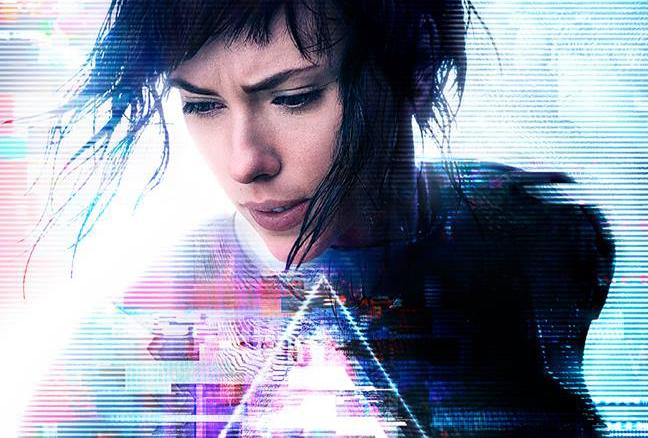A few weeks ago, we printed a story on Hollywood’s addiction to anything not creative. Remakes and reboots are the name of the game now, resurrecting every last bit of culture of yesteryear before moving on to today. It is no different with the Japanese media franchise “Ghost in the Shell.”
As always with reboots and remakes, audiences divide into two major categories: fans praying the film will adhere to the original’s elements and those who just want to see a good movie.
Paramount has since dropped a trailer for the movie coming out in 2017, and although it’s hard to judge a movie by the trailer alone as a movie based off previous work should appeal to the fan base and bring in new viewers at the same time, it is my duty as a dedicated fan to be strict about a franchise resurrection.
The first thing I noticed about the “Ghost in the Shell” trailer is the multiple nods to the series, the geishas at the beginning are straight from the TV series “Ghost in the Shell: Stand Alone Complex.” Motoko “Major” Kusanagi standing on top of the building is almost an exact copy of the introduction in the 1995 film, and other various scenes sprinkled throughout the trailer show that the director seemed to have watched a decent chunk of the various series and films.
What worries me is not the look, that’s easy enough to copy, but the philosophy that plays an essential role into what makes the series so interesting. There are a lot of different ideas so I’ll quickly explain, in my view, the biggest ideas relating directly with the Major. Keep in mind “Ghost in the Shell” has contradicting ideas and portrayals, so I’ll be basing most of this on the 1995 film and the “Stand Alone Complex” TV series, which is what the upcoming movie seems to be using as its main inspiration.
One of the main ideas “Ghost in the Shell” explores is the existential tension between what it means to be human and what it means to be a machine—the “ghost” or spirit, in the “shell” or body. In a purely material sense, the Major is more machine than an organism, with her brain being the only organic material in her, and in some cases she even forgoes that entirely. So what makes her human? The ghost in her appears to be the only connection between her humanity and her desire to move beyond the limits of a physical shell.
The series also explored sexuality and gender identity. The Major seems to be naked in the trailer, and if I never heard of the series I would feel that it’s typical hyper-sexualization that happens when a woman plays the lead role, and a perfect example of patriarchy through Hollywood using and abusing female sexuality to make money. But it’s not entirely accurate; the Major doesn’t seem to see her body in a sexual way, but instead as a tool that is convenient at that moment. It can be used against men who are distracted by her femininity or nudity and underestimate her. But that idea is in direct conflict with other parts of the series where she acts as a sexual being.
The Major goes through different ideas about her identity depending on the series. Sometimes she has a past she’s nostalgic about, while in others her memories are just a tool that can be traded if they become too inconvenient. The series explores a dialectical tension between human and post-human.
It’s not a matter of what makes something human, but when is humanity present. Is it present when a machine takes its own life to save a human, or is a machine a machine no matter what they do? Does it even matter, or is the label of humanity and the spirit slowly changing to encompass more than the organic?
All of this is something the trailer completely fails to bring up. Instead we get a basic question of “who was I?” The series didn’t explore who the Major was, that was changed from series to series and ultimately it never really mattered who she was, but who she was becoming. It’s a look forward, not a nostalgic gaze into the past. Is the gender identity motif going to be explored or is the Major’s sexuality going to be a vehicle to exploit Scarlett Johansson’s body for money?
In the trailer, the Major says that “everyone around me feels connected to something, connected to something I’m not,” which sound like the lyrics to a Korn song that I would have enjoyed when I was going through teenage angst.
The movie seems to be taking the Major in the opposite direction that she has been headed in throughout the series. Trying to make her more human by reaching for a past that may or may not exist to find her identity, whereas in other films the past was a distraction from the future. The Major may have lamented the past, but was not driven by it.
However, each series does take a slightly different approach to exploring these existential themes and it may be that the two-minute trailer was simply not enough to express the director’s aim. It’s possible that she searches for her past to only be dissatisfied with it. Who knows. I plan on watching it, but in the meantime I’m going to be cautiously pessimistic.






